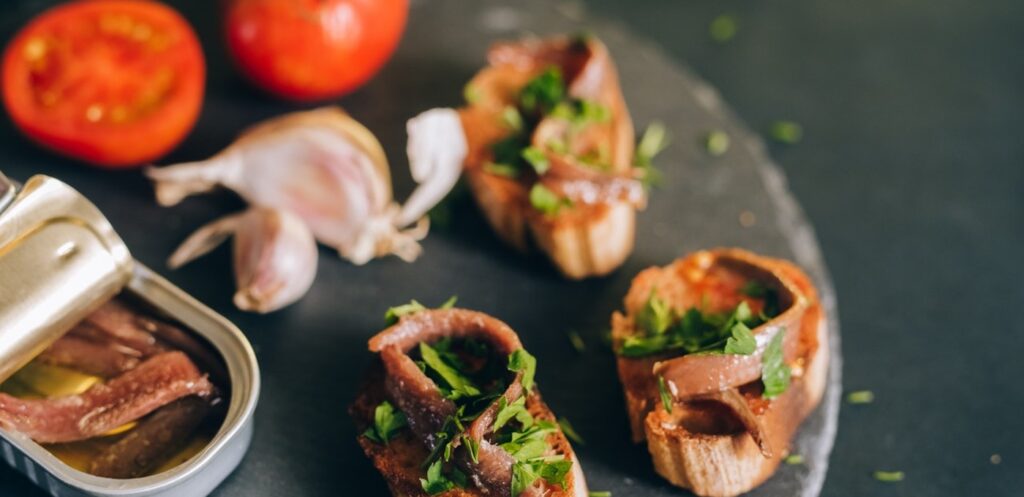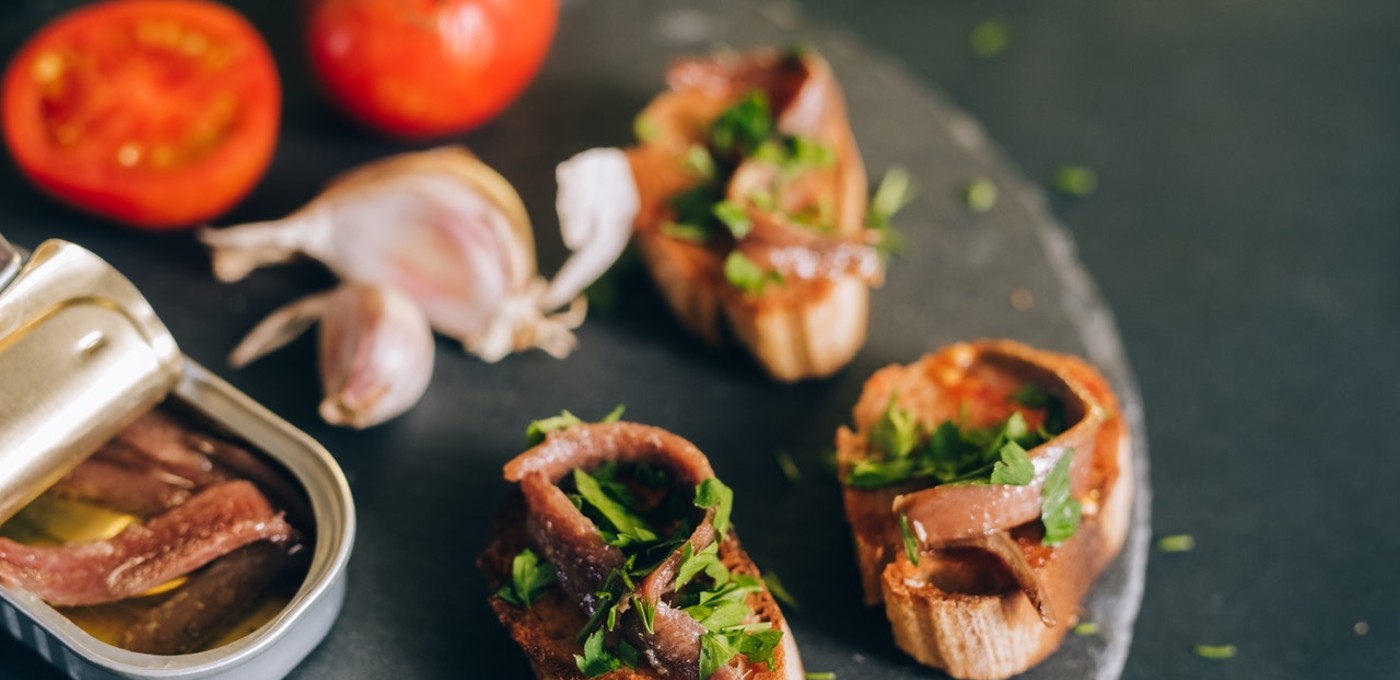
Anchovies and sardines are, as it turns out straight superfoods—especially for kids.
Dr. Shakuntala Thilsted was recently awarded the 2021 World Food Prize—described as the Nobel Prize for food and agriculture—for her work integrating small fish into developing nations diets: primarily she focused on this because of the incredible nutrient density of small fish, and the imperative role it plays in brain development in the first 1,000 days of a child’s life, as well as in pregnant and nursing mothers.
Anchovies, sardines, and in fact many small fish species are rich in the unsaturated fats omega 3 and 6 also known as EPA and DHA, which are critical for brain health. Since sardines only eat plankton, they also contain only very low levels of mercury.
There’s also evidence they help prevent aging, and can reduce inflammation in a variety of organs. They also contain vitamin B12, a nutrient found most often in meat and particularly seafood, but that’s almost absent in all other food groups.
B12 deficiency is common in children in the developing world, a challenge that Thilsted sought to tackle with increasing access to smaller fish, which involved a little bit of stigma-breaking, since most consumers would prefer to eat larger fish like tuna, salmon, or carp species.
MORE: Drinking This Juice Could Help Promote Healthy Aging, Scientists Find
Her work started in Bangladesh, and spans Sierra Leone, Malawi, Cambodia, India, Myanmar, Zambia, and Nepal. One of the principal ways she’s increasing access to small fish is by utilizing a cultural feature of Bangladesh—the backyard “homestead pond.”
In an interview with NPR, Thilsted explains that since Bangladesh is such a low-lying country, many people choose to build their houses on raised earth. The hole the homeowners dig to acquire the dirt to lift up their property becomes a pond, which they normally stock with larger fish species.
There are four million of these homestead ponds in Bangladesh alone according to Thilsted, but she’s also found them in India, Zambia, and Malawi. Small fish are faster growing, and produce more food weight than larger fish traditionally raised in ponds, since their bones, which contain plenty of nutritional value, are thin enough to chew right through.
Thilsted developed programs to expand awareness of dietary uses of small fish in the kitchen, helping families find more ways to get vital nutrients to their kids. One method is by drying the fish and pulverizing it into a sort of supplement that can then be added to rice or porridge to supercharge the nutrient values therein.
“Dr. Thilsted’s work on nutrition, fish, and aquatic foods challenges us to think very critically about the scope of agricultural research and the urgent call to action to transform global food systems towards healthy and sustainable diets for all,” said WorldFish Director Gareth Johnstone. Thilsted has worked for WorldFish for 10 years.
RELATED: To Help Protect Your Heart When Stressed, Scientists Suggest Eating or Drinking These Things
Taking inspiration from his new home country of Italy, this reporter dissolves one or two dried anchovies in olive oil, adds herbs and spices, and stores it for use as a deep flavoring agent.
SWIM This Fascinating Research Over to Your Friends…




















